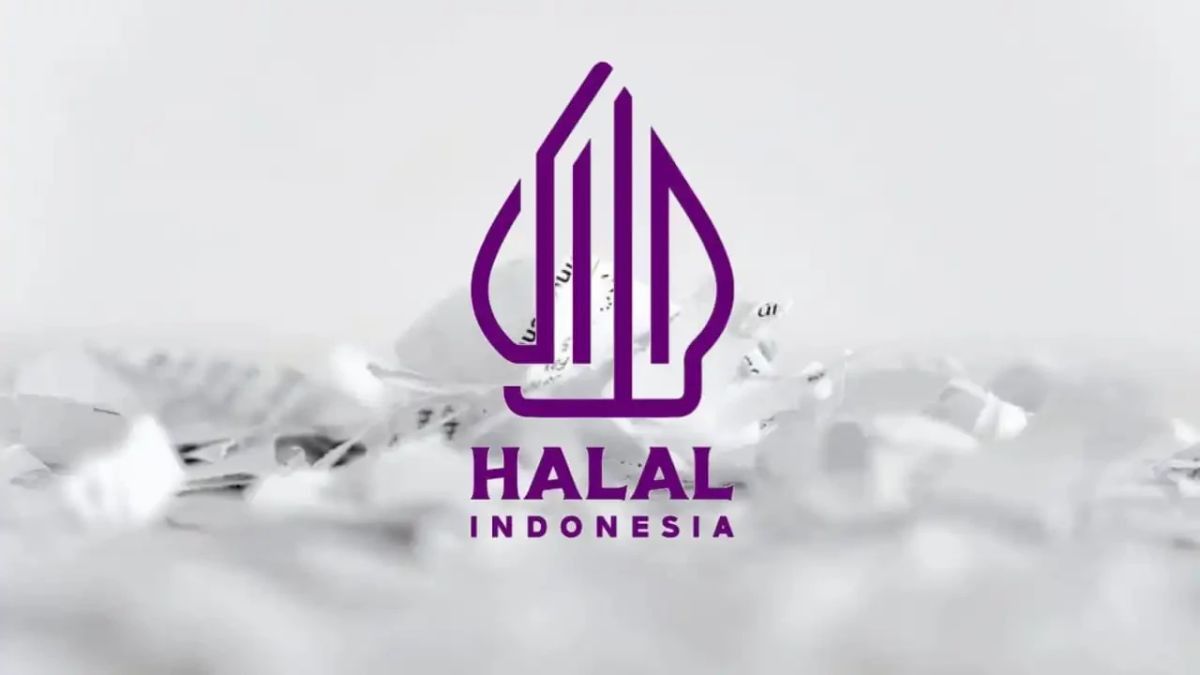YOGYAKARTA The government is pushing for ownership of halal certificates by industry players who market their products in Indonesia. However, not all products circulating in Indonesia must have the certificate. From there, the question arises about who is required to have halal certification?
Quoted from LPPOM MUI Banten, halal certification is a written fatwa issued by the Indonesian Ulema Council which states that the halalness of the product is based on Islamic law. This certificate is one of the requirements so that halal labels in product packaging can be included.
The halal certificate itself is one of the determinants used by the Muslim community to consider whether they will consume products in the market or not.
Halal certification organizers are carried out by the Ministry of Religion's Halal Product Guarantee Administration (BPJPH). The obligation of products to have a halal certificate comes into effect as of October 17, 2019.
As mentioned earlier, not all products are required to have halal certificates. In general, the mandatory halal certification rule applies to all food and beverage products, including those produced and issued by Micro, Small and Medium Enterprises (MSMEs). If you refer to Government Regulation No. 31 of 2019, there are two types of products that are required to have a halal certificate, namely the following.
Products in the form of goods
Products in the form of services
The rules have halal certification applicable to all entrepreneurs who enter, distribute, and trade their business products in Indonesia, including entrepreneurs who bring business products from abroad to Indonesia.
The obligation to have a halal certificate for the first phase will be applied to a maximum of 2024. This means that some products that are included in the criteria must have a halal certificate. The government will also apply sanctions to producers who do not have a halal certificate until the validity period stipulated in the first stage, which is a maximum of 2024.
Based on Law no. 33 of 2014 along with its derivatives, it is explained that there are 3 product groups that must have a maximum halal certification of October 17, 2024, as follows.
Sanctions given to producers who do not have halal certificates until 2024 vary, ranging from the provision of written warnings, administrative fines, or withdrawal of goods from the market. This is in accordance with the provisions of PP Number 39 of 2021.
Entrepreneurs can get halal certification for their products online by submitting themselves. Submission can be done online with the following steps.
In addition to who is required to have halal certification, visit VOI.ID for other interesting information.
The English, Chinese, Japanese, Arabic, and French versions are automatically generated by the AI. So there may still be inaccuracies in translating, please always see Indonesian as our main language. (system supported by DigitalSiber.id)













